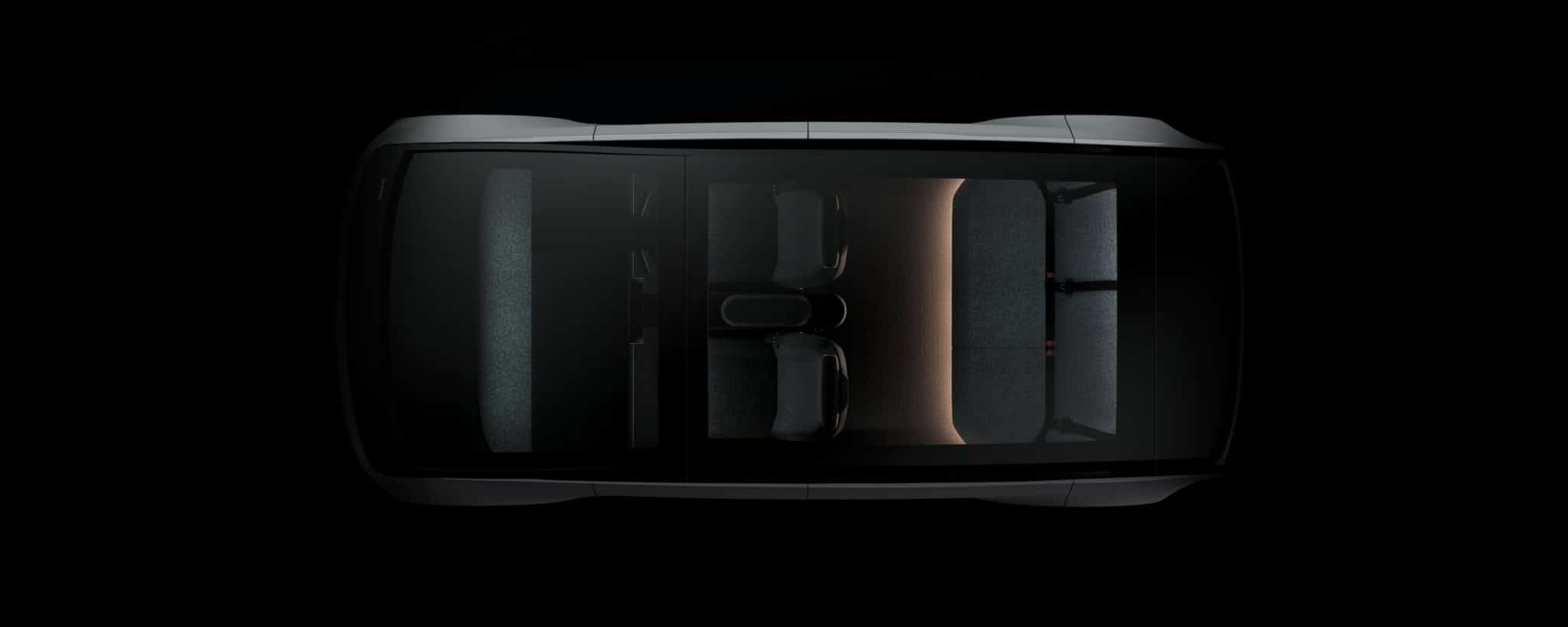Arrival, a global technology company creating electric vehicles, is partnering with Uber to develop an affordable, purpose-built electric vehicle (EV) for ride-hailing drivers. The Arrival Car is expected to enter production in Q3 2023.
The Arrival Car will address the global need to shift ride-hailing and car sharing services, with 30 million estimated drivers across the ride-hailing sector, to electric to reduce emissions and improve air quality in cities. Uber has committed to becoming a fully electric mobility platform in London by 2025 and by 2030 across North America and Europe.
As a typical ride-hailing vehicle will on average drive 45-50,000km a year, versus 12,000km for a typical vehicle, Arrival Car will prioritize driver comfort, safety, and convenience, while ensuring the passengers enjoy a premium experience. With this in mind, Arrival will collaborate with Uber drivers in the design process over the coming months to ensure the Arrival Car reflects the needs of professional drivers and their passengers, with the final vehicle design expected to be revealed before the end of 2021.
Following the launch of Uber’s Clean Air Plan in London two years ago, more than £135m has been raised to support drivers with the cost of switching to a fully electric vehicle. Uber’s focus is now to encourage drivers to apply for EV Assistance under the Clean Air Plan. This will help clean up urban transport and drive a mass market for EVs.
The Arrival Car will join Arrival’s previously announced commercial products, the Bus and Van, to provide cities with a multi-modal zero-emission transportation ecosystem that they require in order to meet their sustainability goals over the coming years. This integrated transportation ecosystem will create cleaner, more equitable mobility solutions for people living in cities that Arrival believes will have a radical impact on their health and opportunities.
Ride-hailing plays a key role in creating accessible and efficient multi-modal transportation systems reducing both total numbers of vehicles in cities, as well as emissions, which is expected to have an oversized impact on real world pollution globally. Arrival’s revolutionary Microfactories will enable decentralized production in cities around the world, producing vehicles close to areas of demand, using local talent and paying local taxes. This strategy also enables the production of vehicles specific for the region to service the many markets seeing rapid growth in ride hailing and car sharing.
“We are confident that electrifying ride-hailing vehicles will have an outsized impact on cities, and we are keen to support drivers as they manage this transition,'” Tom Elvidge, SVP Arrival Mobility UK said. “Arrival Car will be designed around drivers’ needs to create a vehicle that is affordable, durable and desirable. We have a great partnership with UPS to create a best-in-class electric delivery vehicle, and we hope to replicate that success with Uber as we develop the best possible product for ride hailing that elevates the experience of the passenger and improves drivers’ health, safety and finances.”
Jamie Heywood, Uber’s Regional general manager for Northern and Eastern Europe said: “As our cities open up we have an opportunity to make sure that urban transport is cleaner than ever before. Uber is committed to helping every driver in London upgrade to an EV by 2025, and thanks to our Clean Air Plan more than £135m has been raised to support this ambition. Our focus is now on encouraging drivers to use this money to help them upgrade to an electric vehicle, and our partnership with Arrival will help us achieve this goal.”
Uber Green recently launched in London, giving passengers the ability to select a fully electric vehicle at no extra cost, while drivers pay a lower service fee.
So far in London, more than 3.5 million trips have taken place in fully electric vehicles, helping to reduce emissions and improve air quality in the capital. Uber is committing to double the number of drivers in EVs by the end of this year as part of the roadmap for all cars on the app to be fully electric by 2025.
